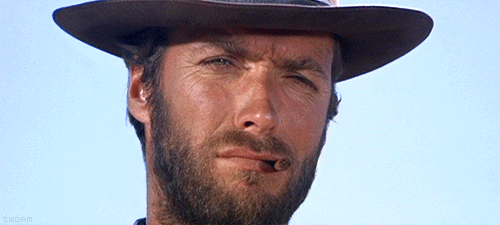That's not really what happened in the Derrick Rose case. His qualifying SAT was invalidated near the end of his one basketball season. Memphis asked him if he took the test and he said yes. Later, after he was gone, the case went before the Committee on Infractions. He was presumed guilty because the College Board flagged his test as invalid, not because he wouldn't appear.
As mentioned earlier the NCAA has no subpoena power. Their investigative tools are limited by design. They get very frustrated and get carried away with punishments for the silly violations they uncover with that limited power.
I understand that people don't get it. You can make a solid argument that you aren't supposed to get it. That is part of the design. They are really student-athletes! Trust us!
You are correct that I did misremember the Rose facts. The SAT testing agency flagged Rose's SAT as questionable and started an investigation. Rose was notified of this in March and April during the NCAA tournament, though he did not tell Memphis. It was that investigation, by the SAT testing agency not the NCAA, that Rose failed to cooperate with. Although the SAT testing agency did not have proof that he cheated, because Rose failed to cooperate with the investigation, they invalidated his test in May after the tourney was over. (Note, I do think he probably cheated on the test and that is why he didn't cooperate. I have no issue with his test being invalidated for not cooperating.)
However, I stand by my larger point. I agree that the NCAA does not have subpoena power. Like the SAT testing company that also did not have subpoena power, however, that does not mean they don't have penalties they can enforce if someone doesn't voluntarily cooperate with an investigation. Even without subpoena power, it is my understanding that the NCAA has the power to suspend active players and coaches for not voluntarily cooperating with investigations. They cannot fine or jail them for not cooperating, but they can control who is eligible to participate in their organization. "Failure to cooperate in an NCAA enforcement investigation" is itself an NCAA "Level I" violation.


